Bad Boy
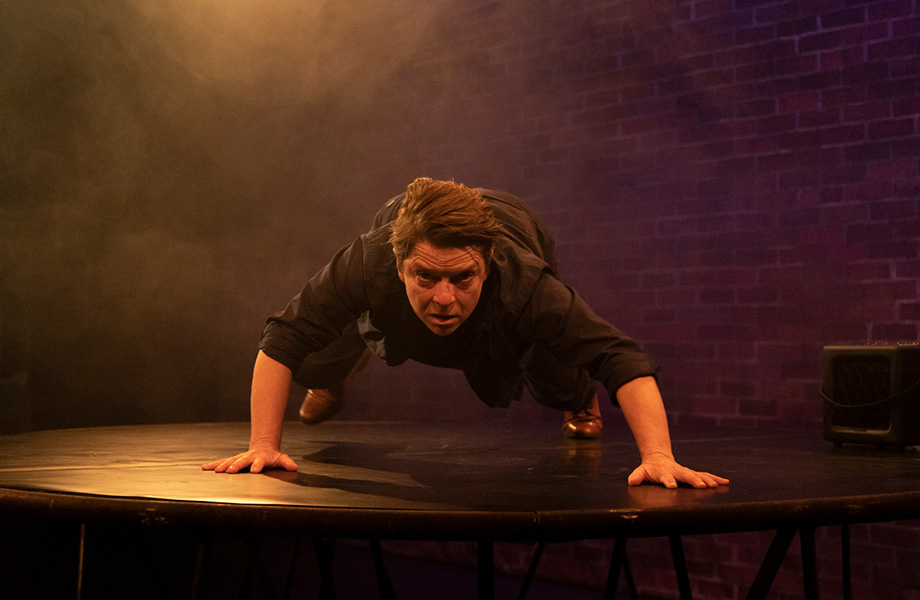
Bad Boy is the second work in a series of what playwright Patricia Cornelius and director Susie Dee have called ‘visceral dramatic monologues’. The first, RUNT (2021), centred on the unnamed homunculus of the play’s title, portrayed with memorable physical intensity and dexterity by Nicci Wilks. Bad Boy reunites all three of RUNT’s lead creatives, as well as Romanie Harper (set and costumes), Kelly Ryall (sound), and Jenny Hector (lighting), in a head-on response to the intractable social problems of misogyny and male violence.
Wilks plays Will, a heteronormative, working class-coded man. When we meet him, he is single and lonely (not, heaven forbid, that he would admit as much). He leers, thrusts, and ruts, and pisses up against walls. Brutalised by his father, he is in turn brutal, unforgiving of vulnerability, and unaccepting of emotion. He tells us of his meeting with Lisa and how he was smitten, reduced to giggling like a child. On a first date, over a dinner of steak and garlic prawns, Will struggles to keep up his end of the conversation. He can’t find the words to say, and anyway it’s less complicated to let his body do the talking. They kiss and fuck, and children follow.
Continue reading for only $10 per month. Subscribe and gain full access to Australian Book Review. Already a subscriber? Sign in. If you need assistance, feel free to contact us.






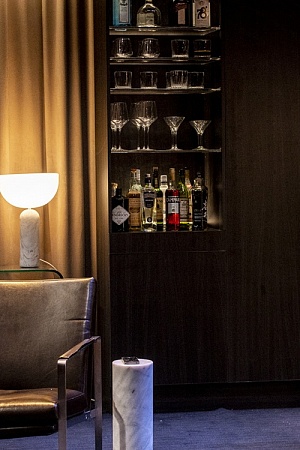
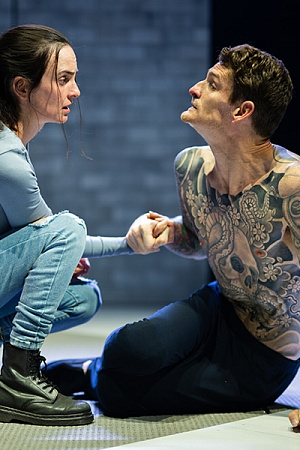
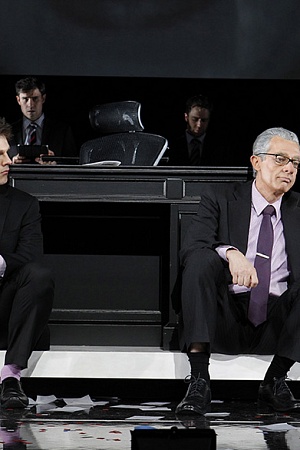
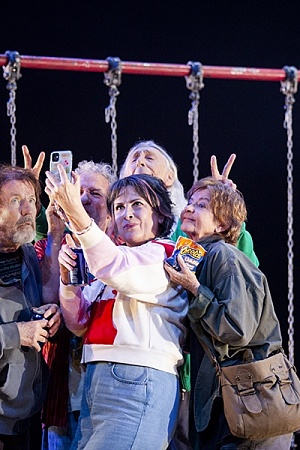
Leave a comment
If you are an ABR subscriber, you will need to sign in to post a comment.
If you have forgotten your sign in details, or if you receive an error message when trying to submit your comment, please email your comment (and the name of the article to which it relates) to ABR Comments. We will review your comment and, subject to approval, we will post it under your name.
Please note that all comments must be approved by ABR and comply with our Terms & Conditions.